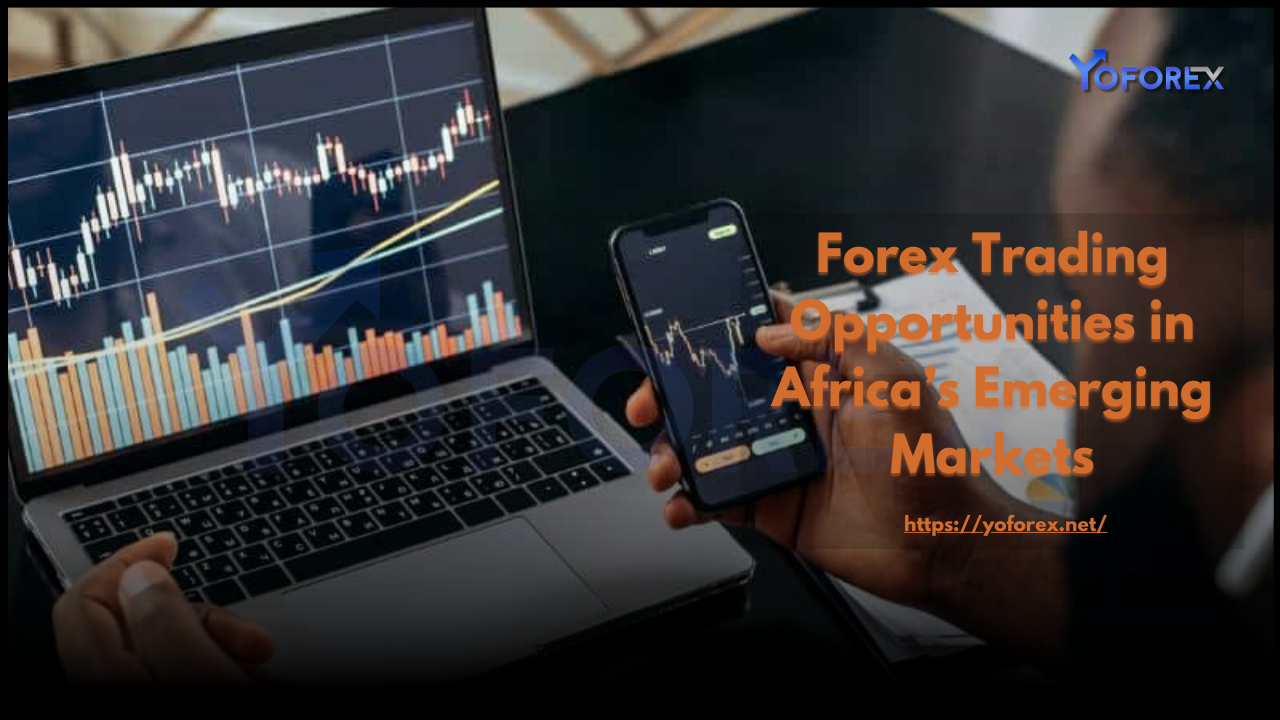The global forex market, with its daily trading volume exceeding $6 trillion, is one of the most liquid and dynamic financial markets in the world. In recent years, Africa has emerged as a significant player in this arena, driven by technological advancements, a youthful population, and increasing financial literacy. By 2025, Africa is poised to dominate the forex trading market, offering unparalleled opportunities for traders and investors alike13. This blog explores the key factors driving forex trading in Africa, the opportunities it presents, and the challenges that need to be addressed for sustainable growth.
The Rise of Forex Trading in Africa
1. Technological Advancements and Mobile Penetration
Africa’s forex trading boom is largely fueled by the rapid adoption of mobile technology and internet connectivity. Affordable smartphones and mobile apps have democratized access to trading platforms, enabling even remote populations to participate in global markets. Countries like Kenya, Nigeria, and South Africa are at the forefront of this trend, with platforms like MetaTrader and mobile payment systems such as M-Pesa facilitating seamless transactions.
2. Youthful and Tech-Savvy Population
With a median age of just 19.7 years, Africa boasts one of the youngest populations globally. This demographic is not only tech-savvy but also eager to explore alternative income streams through forex trading. The continent’s youth are increasingly turning to online trading as a means of financial empowerment, driven by the desire for independence and wealth creation.

3. Government Support and Regulatory Frameworks
Many African governments are recognizing the potential of forex trading as a driver of economic growth. Regulatory bodies like Kenya’s Central Bank and South Africa’s Financial Sector Conduct Authority (FSCA) are implementing policies to create a secure and transparent trading environment. These efforts are boosting investor confidence and attracting both local and international traders.
Opportunities in Africa’s Forex Market
1. High Market Volatility and Profit Potential
African currencies, such as the South African Rand and Nigerian Naira, are known for their volatility. While this poses risks, it also creates lucrative opportunities for traders who can capitalize on price fluctuations. Emerging market currencies often offer higher returns compared to their developed counterparts, making them attractive to risk-tolerant investors.
2. Growing Financial Inclusion
The rise of fintech solutions and mobile trading platforms has significantly enhanced financial inclusion in Africa. Millions of previously unbanked individuals now have access to forex trading, enabling them to diversify their income sources and participate in the global economy. This trend is expected to continue, further expanding the market.
3. Educational Initiatives and Community Building
Educational programs, webinars, and mentorship initiatives are playing a crucial role in equipping African traders with the skills needed to succeed. Social media platforms like Telegram and Facebook have become hubs for knowledge sharing, fostering a sense of community among traders. These resources are empowering a new generation of financially literate individuals.
Challenges and Risks
1. Regulatory Inconsistencies
Despite progress, regulatory frameworks across Africa remain inconsistent. Some regions lack robust oversight, leaving traders vulnerable to scams and fraudulent brokers. Addressing these gaps is essential to ensure a safe and transparent trading environment.
2. Limited Infrastructure
Inadequate infrastructure, particularly in rural areas, can hinder access to trading platforms and reliable internet connectivity. Investments in technology and education are needed to bridge this gap and ensure equitable participation.
3. Financial Literacy and Risk Awareness
Many new traders underestimate the risks associated with forex trading, leading to significant losses. Enhancing financial literacy and promoting responsible trading practices are critical to safeguarding investors and fostering long-term growth.
The Future of Forex Trading in Africa
1. Integration of AI and Automation
The integration of artificial intelligence (AI) and machine learning is revolutionizing forex trading. AI-powered tools enable traders to analyze vast amounts of data, identify trends, and execute trades with precision. As these technologies become more accessible, they will further enhance the efficiency and profitability of trading in Africa.
2. Expansion of Cryptocurrency Trading
Cryptocurrencies are gaining traction in Africa, offering new opportunities for diversification. Platforms that support both traditional forex and crypto trading are likely to see increased demand, particularly among younger traders.
3. Sustainable Growth and Global Influence
As Africa’s forex market continues to grow, its influence on the global financial landscape will expand. By addressing challenges and leveraging opportunities, the continent can establish itself as a key player in the forex industry, driving economic growth and financial inclusion.
Conclusion
Africa’s forex trading market is a testament to the continent’s resilience, innovation, and potential. With its youthful population, technological advancements, and supportive regulatory frameworks, Africa is well-positioned to become a global leader in forex trading. However, realizing this potential requires addressing challenges such as regulatory inconsistencies and limited infrastructure. By fostering a secure and inclusive trading environment, Africa can unlock unprecedented opportunities for traders and investors, reshaping the global forex landscape in the process.

